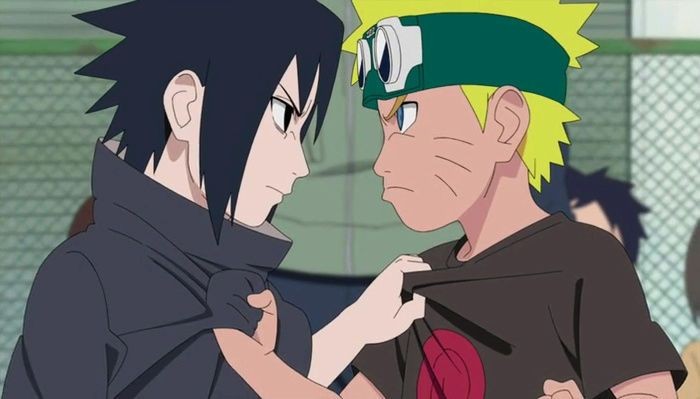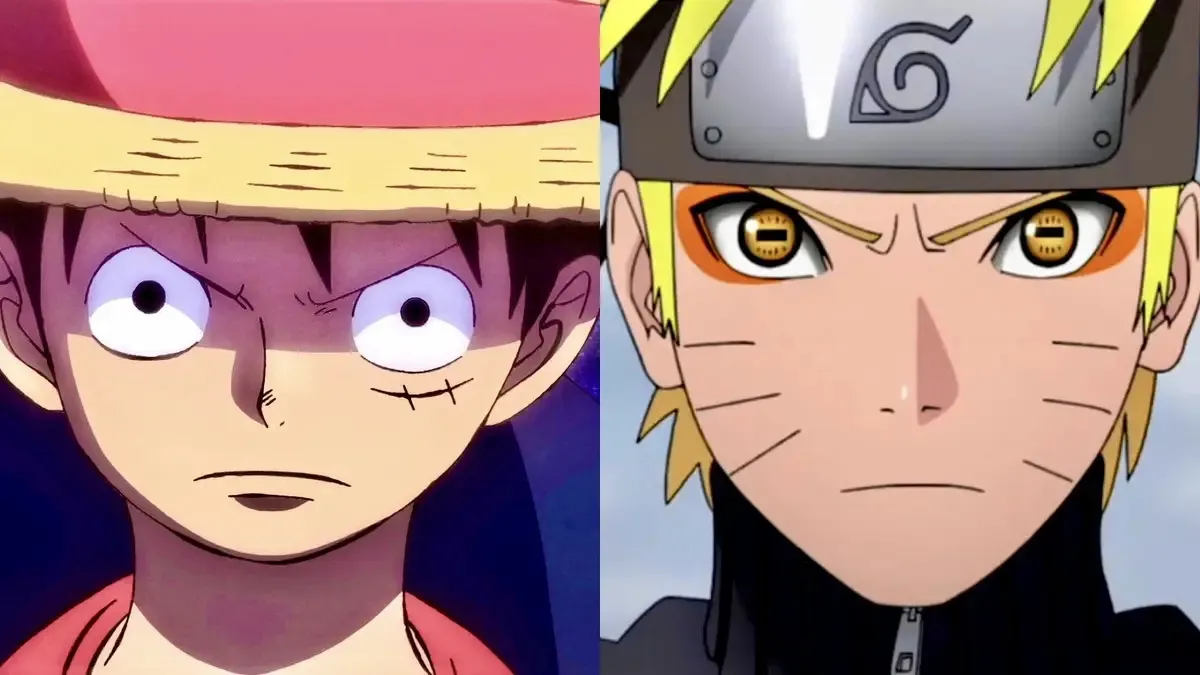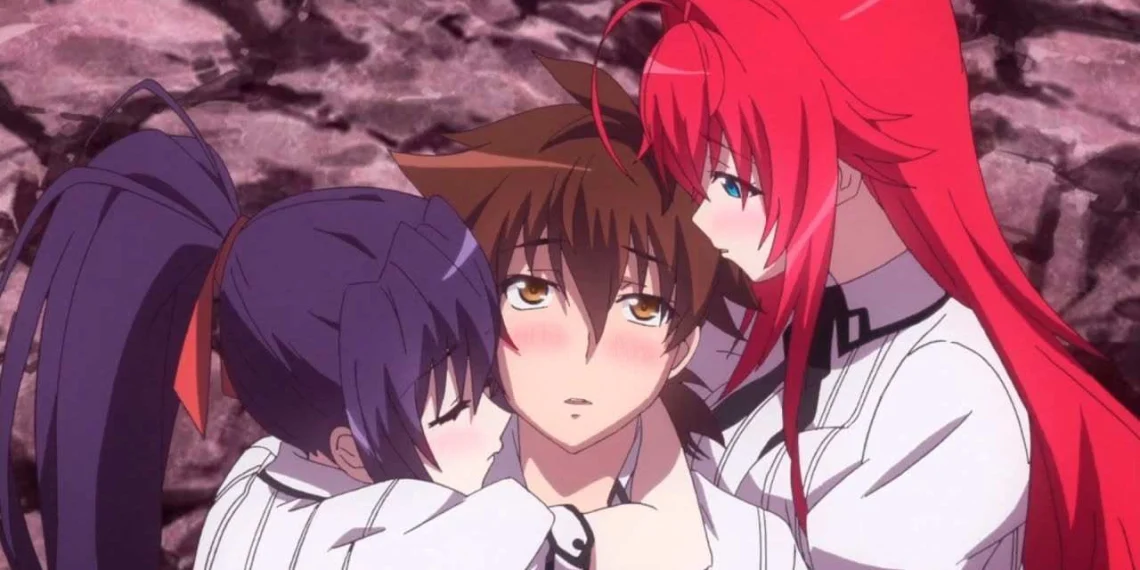An alliance of Muslim-majority nations recently submitted a formal appeal to the United Nations, demanding a crackdown on sexually suggestive anime. The petition, raised during a cultural ethics conference, claims such content distorts morality, influences youth negatively, and promotes values incompatible with Islamic principles. The move has launched a heated global debate on religious values versus creative expression.
The petition names several anime titles known for ecchi or fan-service elements, arguing that they blur boundaries of decency and often glorify indecent behavior. Officials cited the increasing online availability of such shows, which, they claim, bypass cultural restrictions and reach youth in conservative societies. These governments are urging international streaming services to adopt stricter filters or remove content altogether.
UN Response and Fan Outrage

The United Nations responded with a measured stance, stating that it would “review cultural standards and global media distribution policies.” While not a commitment to censorship, the acknowledgment alone sparked uproar. Fans across regions labeled the demand as overreach, arguing that art and media should not be globally censored to meet the expectations of one belief system.
Critics of the petition also point out the hypocrisy in targeting anime while overlooking problematic content in global cinema or Western entertainment. Hashtags like #AnimeIsArt and #HandsOffAnime began trending, with users defending freedom of expression and artistic diversity. Artists and content creators worry that this could set a precedent for restricting narratives across all media.
Cultural Values or Global Censorship?

Supporters of the petition argue that the moral fabric of conservative societies is at risk. They emphasize the right of every culture to protect its youth and uphold spiritual teachings. They also call on anime studios to be mindful of global audiences and refrain from pushing boundaries that offend entire communities.
However, anime fans worldwide argue that regional values should not dictate global media regulations. They believe in viewer responsibility, platform-level parental controls, and content warnings—not blanket bans. For many, anime is a medium of escape, growth, and emotional resonance. The debate continues, balancing freedom of creativity with respect for deeply held beliefs.
Also Read: 15 Best Mature Anime With Deep Themes and Dark Storylines




